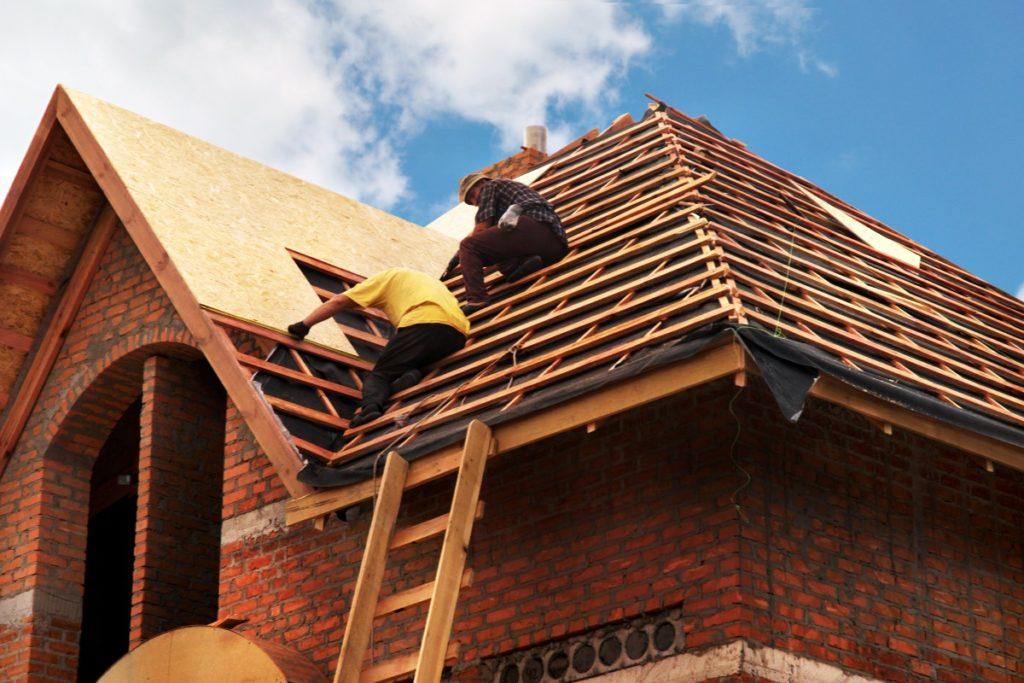Whether you’re working on a renovation or a remodeling project, contractors are your best allies to improving your living space. These experts specialize in different areas of home improvement, with years of experience working with home materials and systems.
From kitchens, bathrooms, and backyards, contractors can do everything to make things work while looking brand new. For instance, if you want to give the deck some proper waterproofing for protection during rainy seasons, contractors will help you do the job right and pick the right waterproofing options.
A good relationship with a contractor is key to any home improvement project. Since we’re letting them work in our homes and pay a great deal of money for their expertise, trust is always at stake. In turn, contractors pour all their best efforts into a project hoping to make their clients satisfied. But what many don’t realize is that contractors also have a few expectations for their clients to make their home improvement plans go smoothly.
Contractors understand that working on your home involves a few high stakes. That is why there are some things they want you to be aware of once they start working with you.
They’d rather work with their people
Clients are valuable assets to any contractor, not only as a source of revenue but also as a word-of-mouth marketing tool. No advertisement or referral website can come close to the power provided by word-of-mouth from their clients.
But when we’re talking about the people they work with, contractors’ most vital asset is their network of tradesmen. Contractors serve as a facilitator of a large group of subcontractors who they call ‘subs.’ They even have a blacklist of subcontractors and vendors they never want to work with, a list they have formed after several years in the field. Blacklisted subcontractors are those who had a few bad encounters with a poor reputation for low-quality work or materials.
One issue contractors hate the most is when a homeowner pitches a family member or friend to join the project. For example, a client wants to include their cousin, who’s an electrician, to do all the electrical work.
A contractor may have worked with you for a few months, but they’d rather trust someone who they share a long-established relationship. They trust these people enough to do all the complex tasks and expect quality work. Allowing them to work with someone they’re not familiar with might lead to conflict, causing more delays.
Keep in mind that contractors have their own go-to people and back-ups to ensure the project runs smoothly. The best you can do is to take advantage of these people to get the job done.

Don’t hover too much
Believe it or not, clients are the cause of delays during construction projects. While we all want our homes to turn out great based on our expectations, hovering too much will only make things complicated than they already are.
Some clients have a habit of watching their contractor’s every move. For example, some homeowners suspect their hired contractor underbid the project by loading up with extra tasks after signing the contract. Although change orders can be disruptive and costly, they’re normal and expected in any home construction.
Sure, there’s no problem if you want to stop by to say a quick hello, ask some questions, or monitor the progress, but you have to let them do what they’re hired for. You took a while to decide who’s reliable enough to work with, so trust your best judgment and allow them to work. Hanging around at the site to observe and chat will only slow things down.
It’s okay to ask questions
Trust and communication are keys to any successful contractor-client relationship. It’s the contractor’s duty to provide the client with information, and clients should take advantage of this by asking questions or raising concerns.
Before starting the project, clients should communicate their expectations to the contractor while being clear and straightforward. Contractors would appreciate it if their clients speak up to ask questions, clarifications, or a specific request. This will help the contractor identify what the client really wants for the project. But when communicating with a contractor, make sure to be polite and professional at all times.
Owning a house comes with a huge responsibility. You have to invest a great deal of time and money in repairs and improvement projects. Hiring the right person is your biggest ally in your journey to making your dream home a reality. In the process, you also have to be mindful of a few things to ensure the construction runs smoothly.

